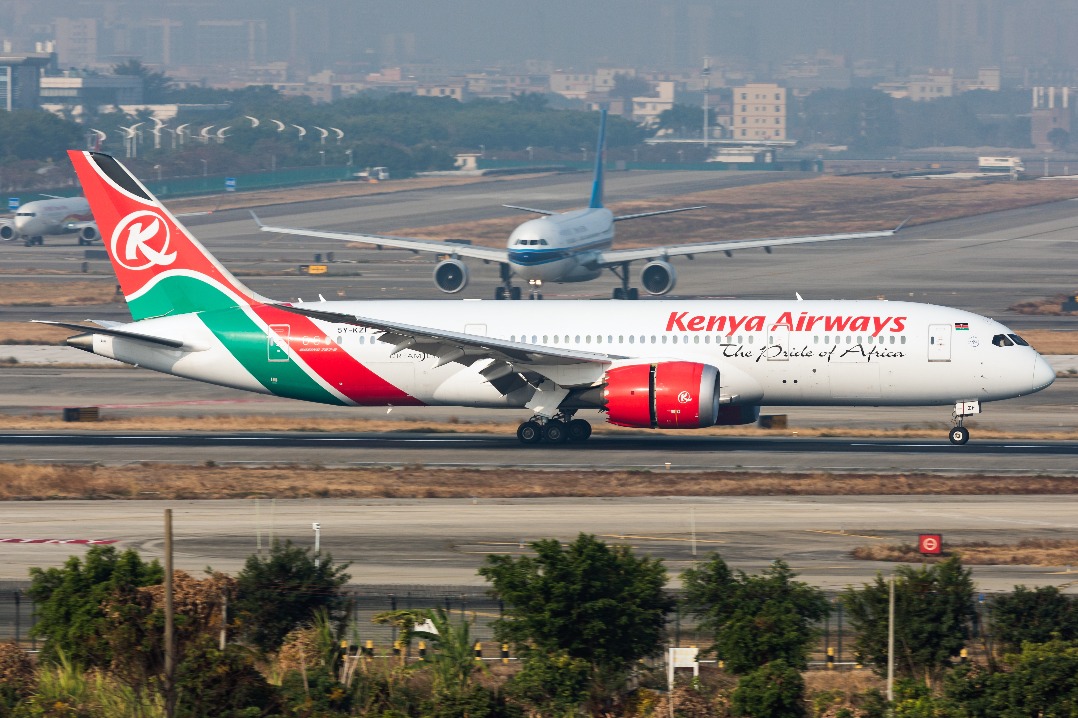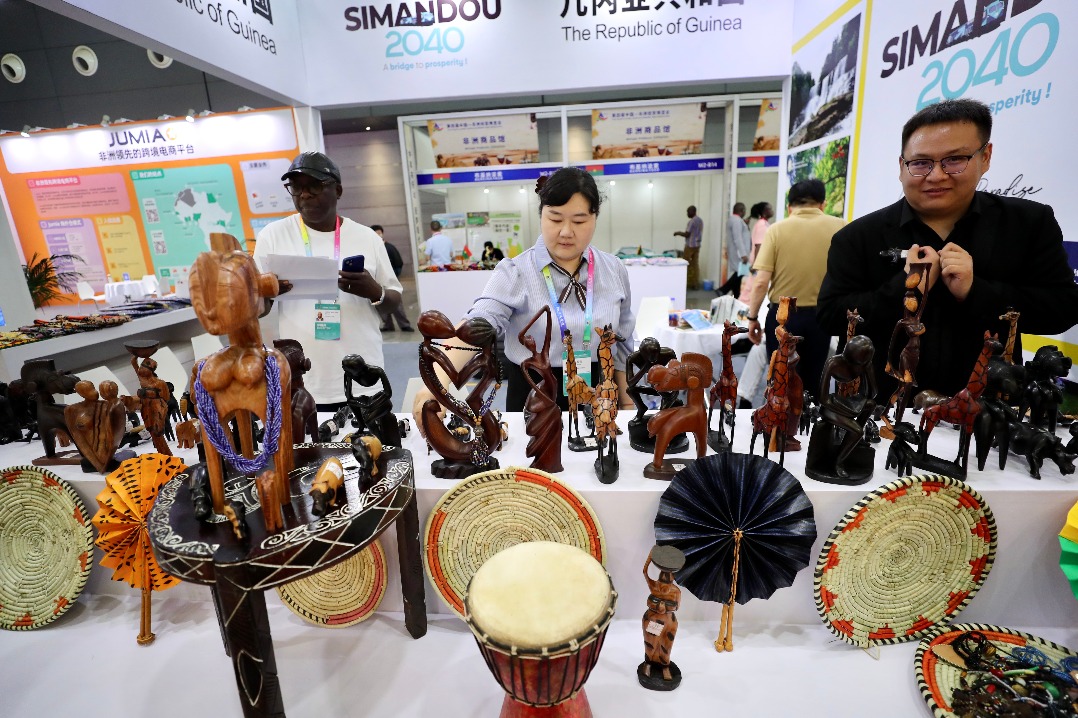China's burgeoning autonomous driving industry fuels robotaxi use, development


BEIJING - Whenever she works late into the night in Wuhan, Central China's Hubei province, Wu You ends up hailing an "unmanned cab," or robotaxi, via her smartphone to take her home. This futuristic way of travel has now become part of Wu's existence in this city.
"It's convenient, and the difference between these cars and regular ride-hailing services isn't that big," Wu said. "The car is clean and odorless, and offers a more private ambiance."
It is the Apollo Go service that Wu is opting to use in Wuhan. Operated by China's internet giant Baidu, this robotaxi service featured more than 400 fully driverless vehicles in Wuhan as of October 2024, covering an area of over 3,000 square km in the city. Some parts of the city even offer 24-hour testing and demonstration services.
In Wuhan, more people now share sentiments similar to Wu's. They have gradually transitioned from curiosity and concern regarding this novel mode of transportation to acceptance and appreciation of its convenience.
Wuhan is not the only city where this fresh new riding experience is available. Chinese megacities like Chongqing, Beijing, Shanghai and Guangzhou have also invested heavily in experimentation and development concerning the service, with companies focusing on robotaxis having emerged nationwide -- including Apollo Go, WeRide and Pony.ai.
The proliferation of autopilot hailing services in Chinese cities stems from the country's ever-improving governance of this sector. Over the years, a series of policies have been released to boost and regulate autonomous vehicle technology and the broader industry, including road testing, registration and traffic safety liability for autonomous vehicles.
In April 2018, three central authorities jointly launched guidelines for road testing intelligent connected vehicles. An upgraded vision was introduced in July 2021, allowing vehicles that have been proven safe and reliable by road tests to carry people and goods. This upgrade also saw testing areas expanded to include highways and urban roads.
Such policies have laid a foundation for the development of the industry -- offering clear guidelines for companies to follow.
As of August 2024, Chinese public security authorities had issued a total of 16,000 test licenses for autonomous vehicles and 32,000 kilometers of roads nationwide had been opened for autonomous vehicle testing, according to the Ministry of Public Security.
Local governments and industry support
Guided by the top-level design of the central government, local governments have introduced corresponding policies to refine the management of this field and promote its development.
Beijing launched the country's first high-level autonomous driving demonstration zone in September 2020 -- covering 600 square kilometers and equipped with advanced intelligent infrastructure.
Currently, Beijing allows companies to offer robotaxi services on designated test routes from the demonstration zone to two of its major transportation hubs, namely Beijing South Railway Station and Beijing Daxing International Airport.
On Dec 31, 2024, Beijing passed new regulations on autonomous vehicles, with authorities aiming to promote the sustainable, standardized and healthy development of autonomous car technology and the industry. These regulations will take effect on April 1, 2025, and cover the categories of technological innovation, infrastructure planning, road access management, safety and security, and legal responsibility.
Liu Yu, deputy general manager of Beijing Automotive Group Co Ltd., said relevant legislation has boosted the confidence of related companies in opting for continued investment and will encourage automakers to increase investment, accelerate technological iterations, and continuously enhance the consumer experience.
According to a notice published on Dec 30, 2024, Wuhan also approved regulations to promote the development of intelligent connected vehicles. Two guidelines forming part of this initiative provide a clear regulatory framework in terms of local practices for autonomous vehicles equipped with Conditional Driving Automation (L3) and higher systems.
Meanwhile, in the southern Chinese metropolis of Guangzhou, regulations concerning autonomous cars have been submitted to the provincial legislature.
China's metropolises have green-lighted autonomous driving promotion and laid solid cornerstones for the future operation of driverless vehicles.
Robotaxi development gearing up
The rise of autonomous vehicles has also spurred the development of robotaxis in the country.
Pony.ai, a Guangzhou-based Nasdaq-listed company offering robotaxi services, believes that with the gradual implementation of local regulations, the future policy landscape will become even more favorable for this industry.
Mo Luyi, vice-president of Pony.ai, said the new policies will enable the government to exert greater oversight on autonomous driving, ensuring market fairness and supporting the industry's long-term growth.
New policies also mean that the government can implement more dimensions of supervision on autonomous driving -- which is conducive to maintaining a fair order in the market and protecting the long-term development of the industry, Mo added.
According to Pony.ai, the scale of robotaxi placement is expected to reach 100,000 vehicles by 2030, when the robotaxi share of the overall travel market will reach between about 10 percent and 20 percent.
The value of China's self-driving taxi service industry is expected to amount to 1.3 trillion yuan ($180.83 billion) by 2030, accounting for 60 percent of the country's ride-hailing market at that time, according to forecasts from global consultancy firm IHS Markit.
The Chinese public also has a positive view of this burgeoning industry. In a report published in November 2024, Bloomberg Intelligence suggested that Chinese consumers were more accepting of autonomous driving than those in the United States and Europe.




































